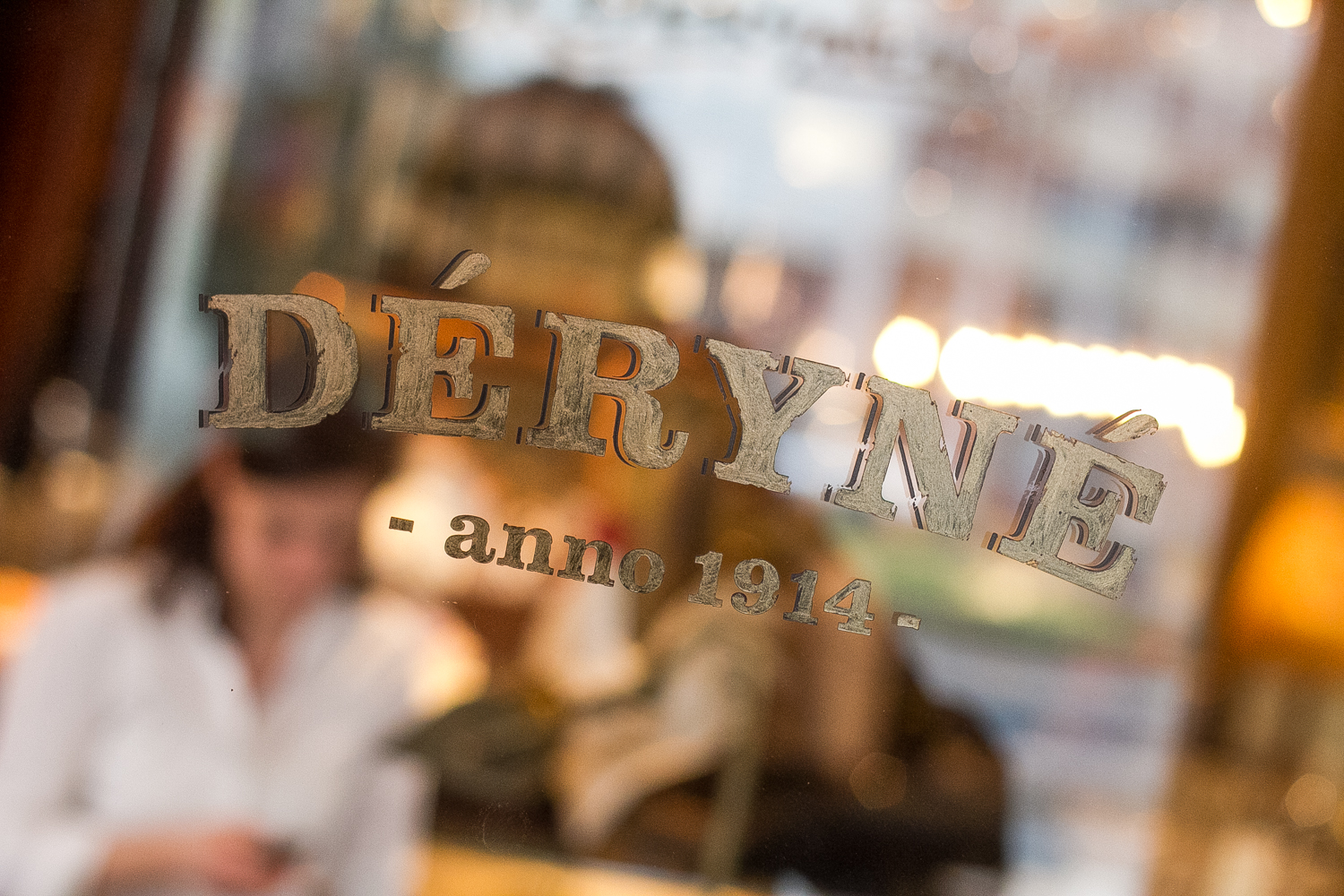Since 1914As it was 101 years ago, the entrance is still on the corner of Krisztina Boulevard and Roham Street, and as we step in the peculiar atmosphere at Déryné captivates us. Large windows, small café tables and a copper-clad counter – just as you'd find in a typical French coffee house. The walls are decorated with Zsolnay tiles rescued from a castle near Pécs and huge Venetian mirrors. Also of note is that there is not a single advertisement - which is almost unheard of in many of the city's other cafes. No wonder that at the time of our visit, even though it was only 9.30am, there are almost no free seats.
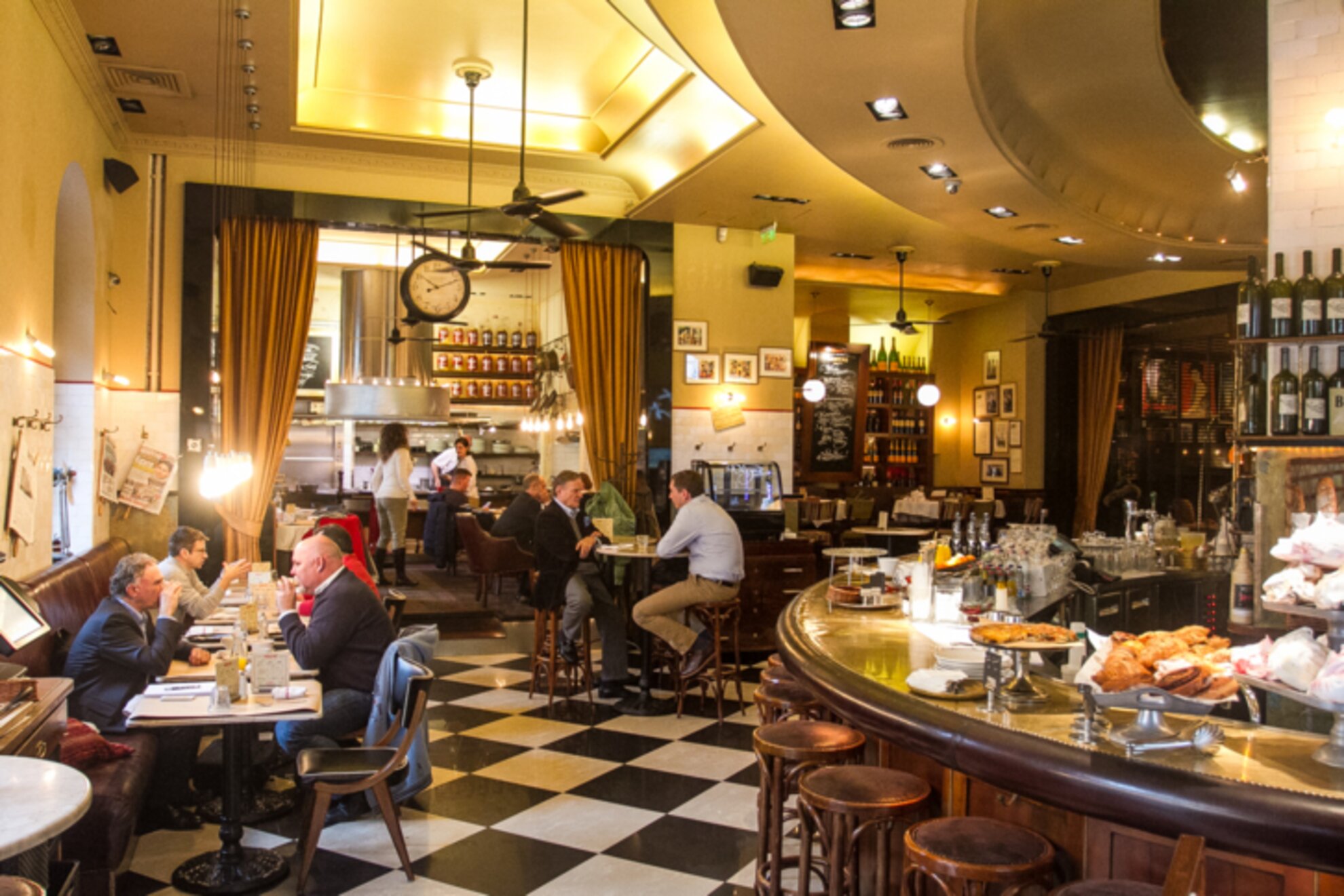
When he took over the place, Kristóf Kovács spoke to historian Noémi Saly. The expert of cafés from the turn of the century gave a lot of advice to Kristóf. “Cafés used to be like social networks, that is where people existed,” she told him. This is why, at Déryné, they think it should feel like a second home, instead of aiming for a place that follows passing trends.
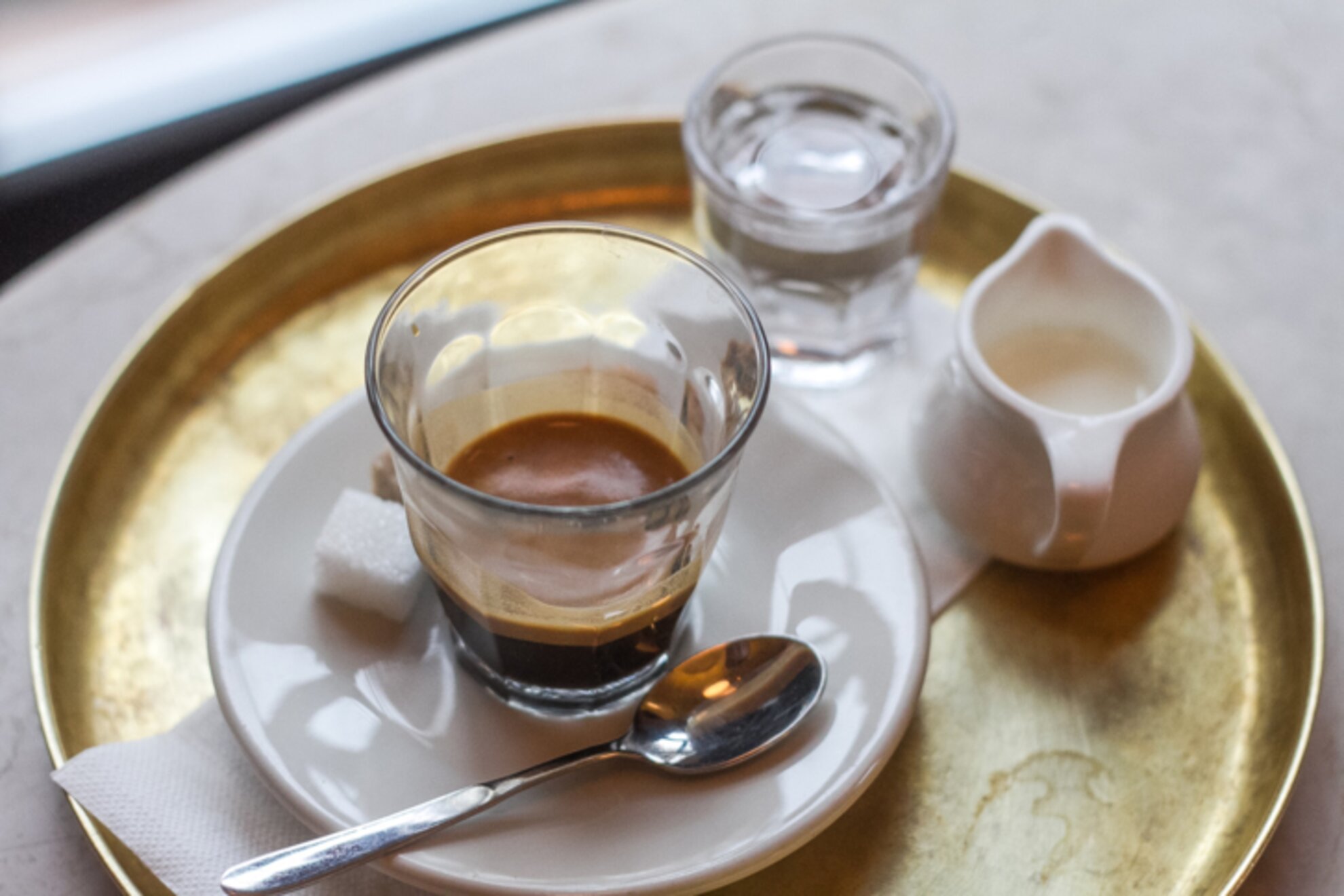
The café of KrisztinavárosKristóf Kovács and his family took over Déryné seven years ago, and the place has remained a family-run business ever since. Living nearby, Kristóf walked past the café several times as a child. He knows what Déryné meant to the art students and intellectuals, and to locals in the district of Krisztinaváros more broadly.
This is why he wanted to revive the place, which at the time was near bankruptcy and gradually losing its quality and reputation.
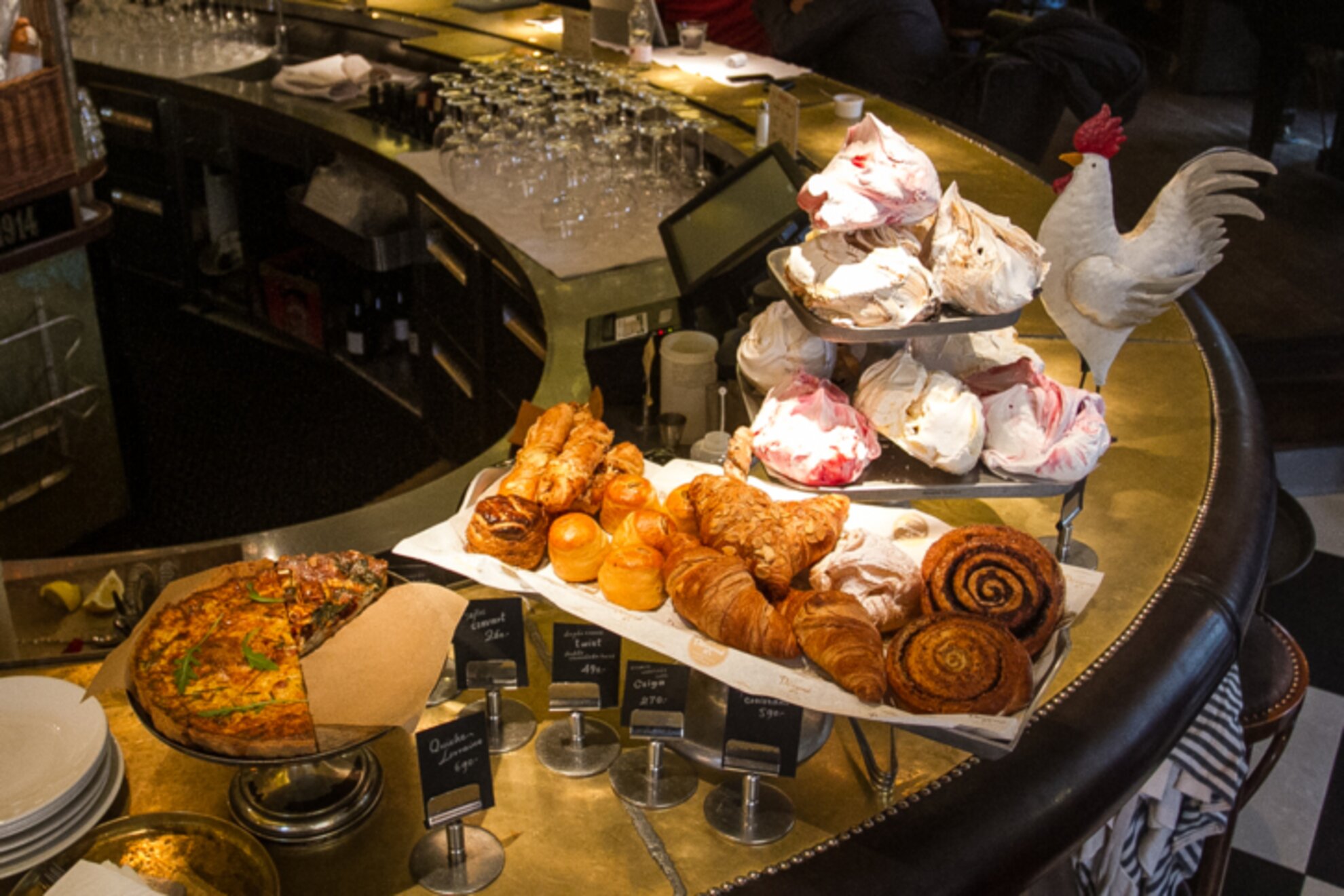
Each part of the city is unique in its own way. “For example, I would be lost in District VI,” Kristóf says. This café belongs to Krisztinaváros, which is why it will never become a franchise or follow trends, no matter the pressure."Not only because of the breakfast...Déryné attempts to revive the age-old traditions of Pest’s coffee houses, for which a nice interior is not enough. The menu is short but reliable: a good café should offer some classics, which must remain on the menu even 30 years later. Something the owner says is one of the secrets behind the café’s success.
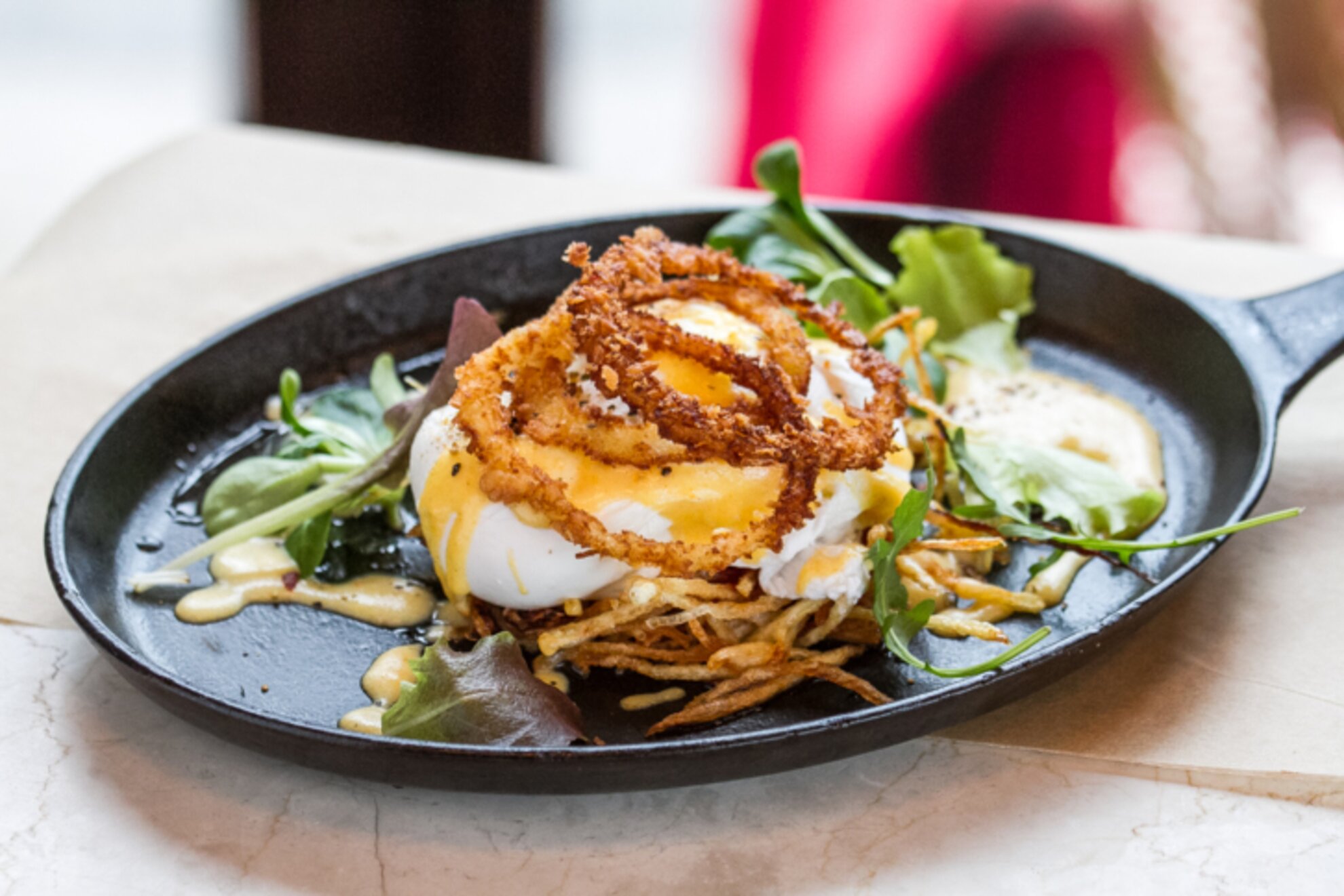
Naturally, we also tried the famous breakfast at Déryné. The Eggs Benedict is the favourite dish of just about every second customer. French fried potatoes, bacon and homemade tomato chutney are topped with two poached eggs, hollandaise sauce and two fried onion rings. Mouth-wateringly good.
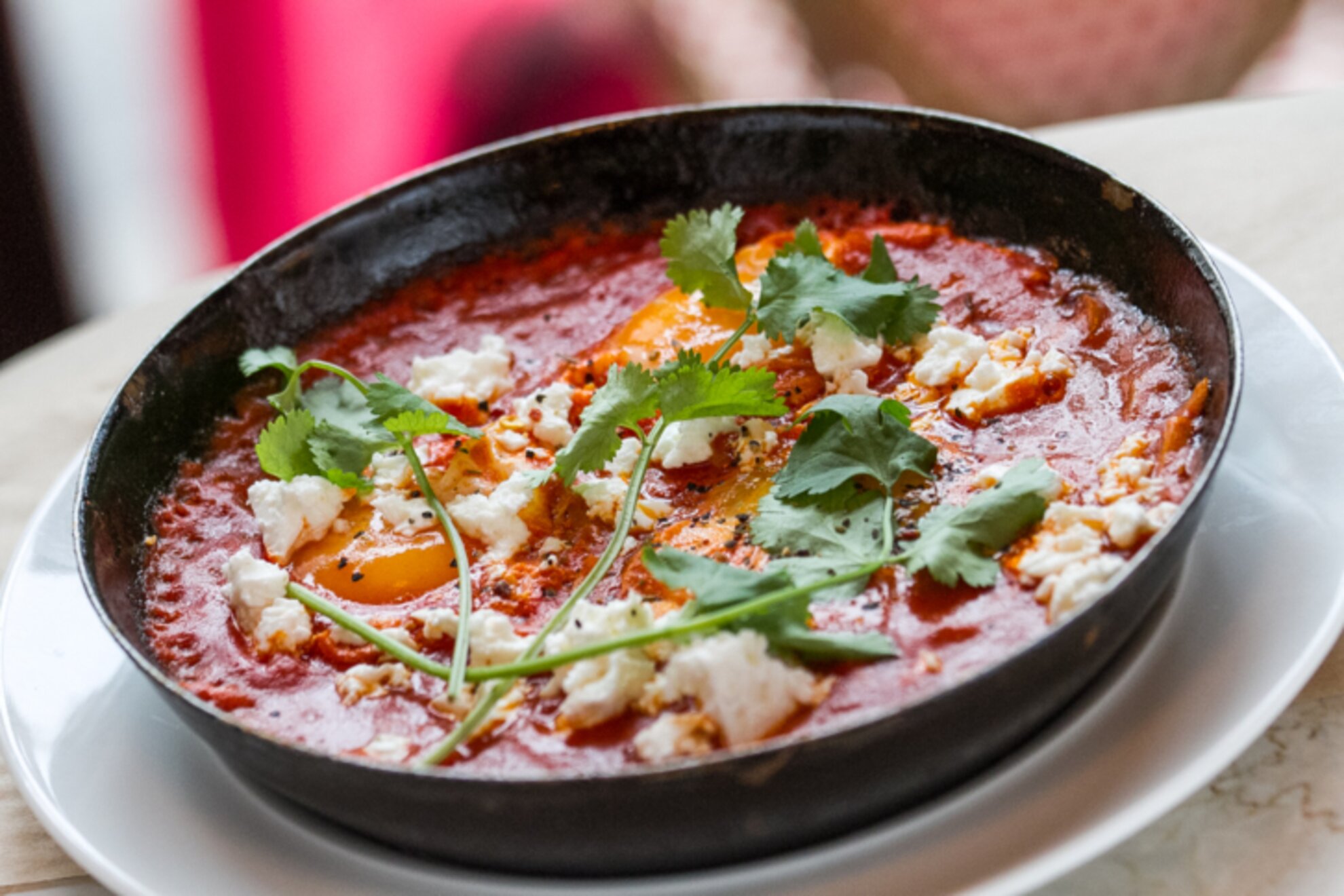
Their hearty English breakfast did not disappoint us, either. This dish has been on offer since the café opened. It includes home-stuffed sausage, chili beans, freshly sautéed mushrooms, fried egg and fried tomatoes. The ratatouille-like Shakshuka is very fine as well: in addition to the vegetables, we can find cumin, onion, garlic and three eggs in the tomato sauce, all spiced with some coriander. If we choose the French breakfast, we will get a homemade croissant with quality butter and homemade apricot jam.
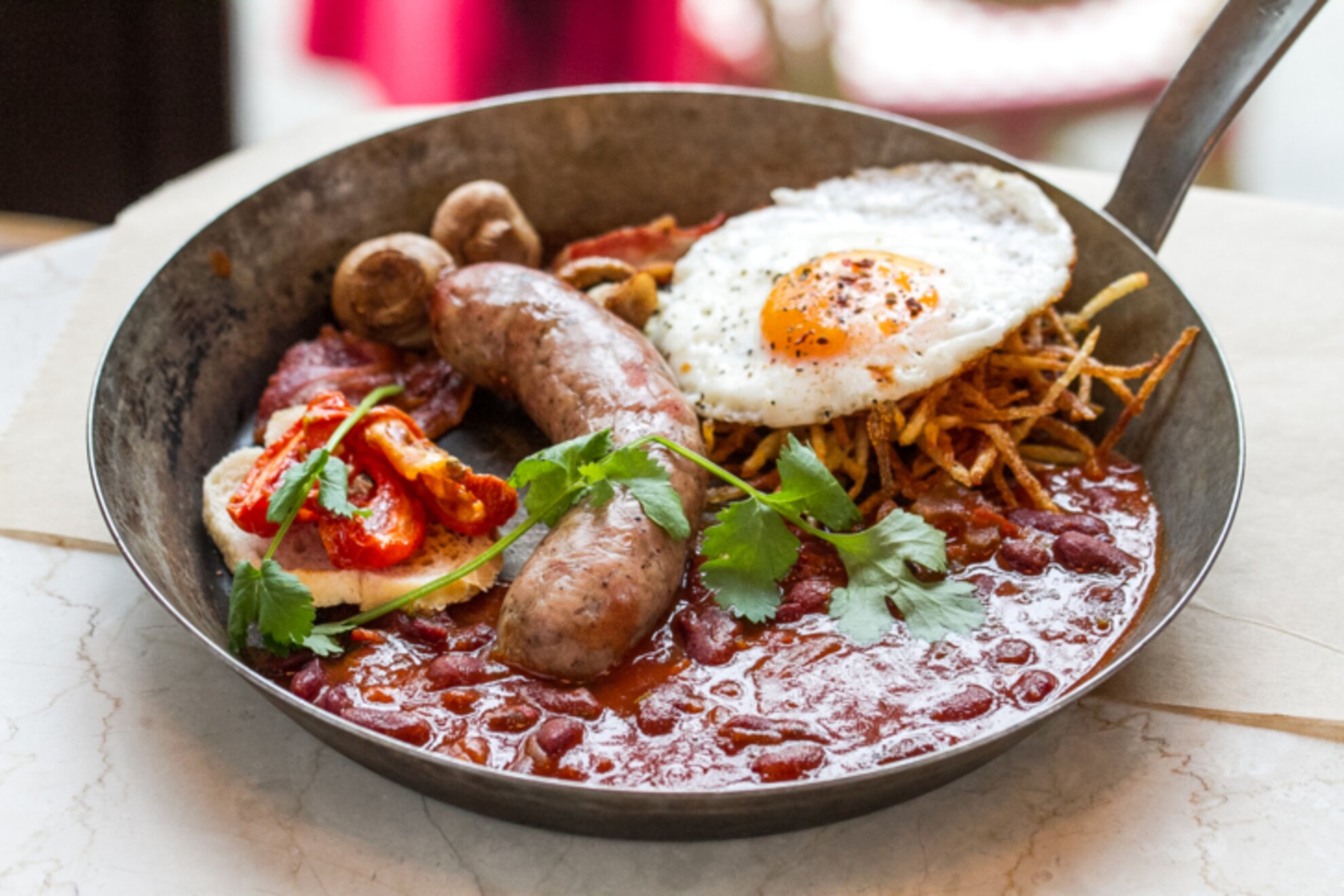
But it is worth coming here not only because of the breakfast – the excellent à la carte menu attracts many people for lunch and dinner. Furthermore, since the main audience of Déryné often comes after the theatre, the place might have the longest-open kitchen in the city – which, incidentally, has received a Bib Gourmand nomination from the Michelin Guide.
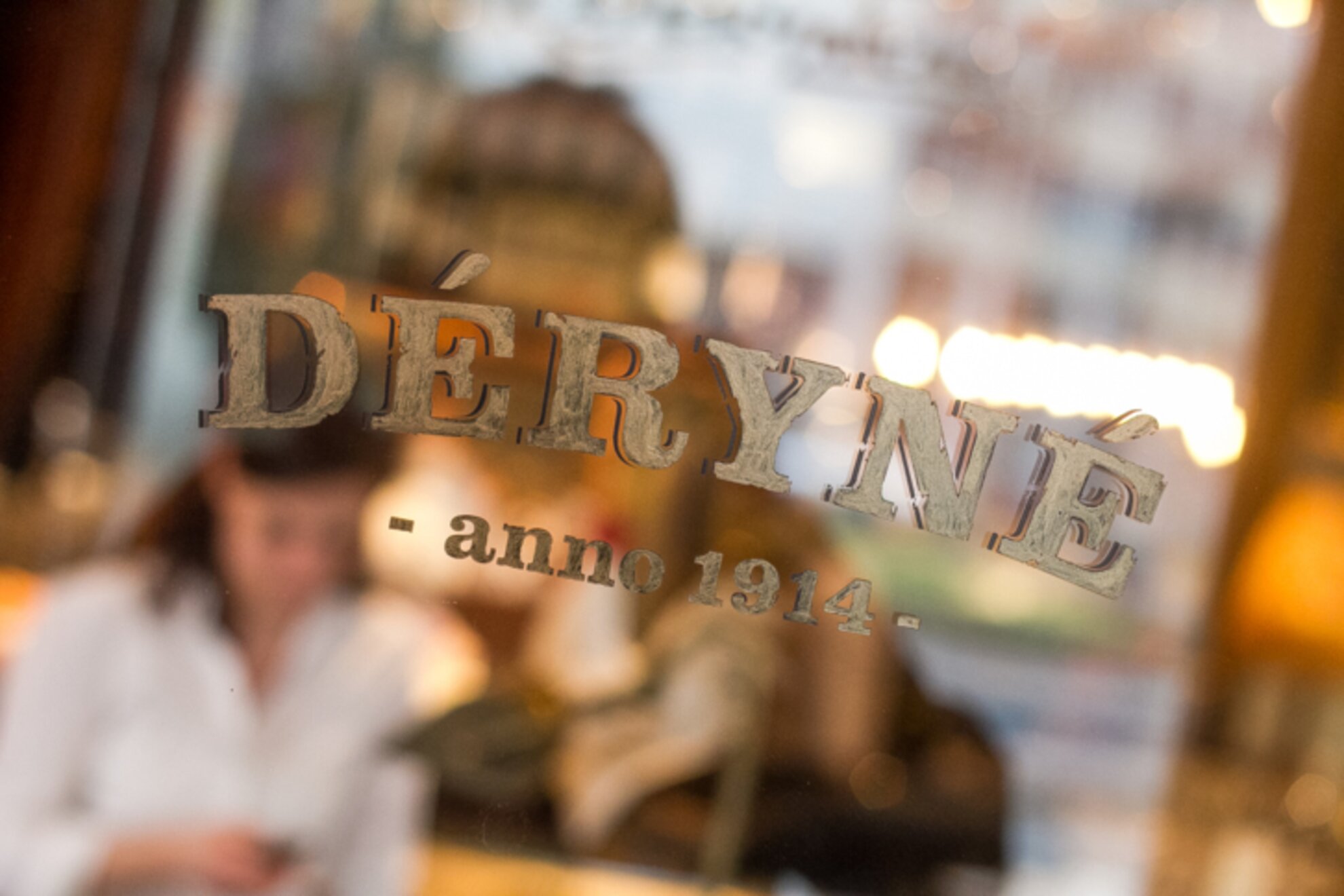
We spent one or two hours here, and even as we were leaving the café was still full with customers. “Each café should find its own audience... We just had to go back to find the history of the house,” the owner says. We think Déryné has succeeded.
